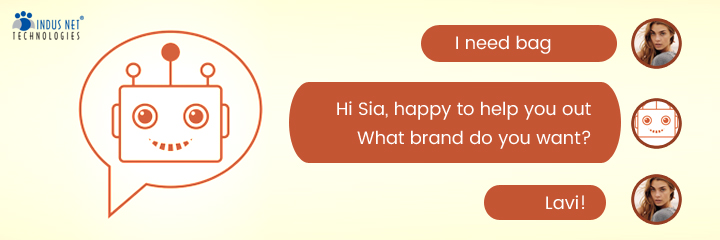
The Future of Contact Centres: How Chat GPT 4 is Revolutionising Customer Service in the BFS sector
Customer service is a crucial function for most BFS (banking and financial services) entities, particularly since it directly influences customer satisfaction and engagement. There have been concerted efforts made by leading firms in this space towards ramping up service operations. What is the future technology for contact centres? Chat GPT 4 has come into the picture, presenting a compelling case for BFS players in terms of effectively handling customer service. Contact centres have a vital role to play in the contemporary business environment, enabling support and service to a diverse customer range. Yet, the management and operations of contact centres can be difficult, taking the increase in customer inquiries into account, along with the need for efficiently and swiftly responding to queries. Chat GPT can completely revolutionise customer service, enabling greater benefits for BFS firms. Here’s how. A little on Chat GPT How is Chat GPT used in banking? Can Chat GPT be used for customer service? Before answering these questions, it is pertinent to note that Chat GPT is an acclaimed large language model that has been created by OpenAI. It is based on the GPT-4 and GPT-3.5 architectures, while being tailored to simulate conversations like human beings and enabling automated customer query responses. Chat GPT can also understand natural language, while being trained on diverse aspects, making it suitable for deployment across contact centres. How can Chat GPT contribute towards enhancing customer service and contact centre functions? Here are some of the ways in which Chat GPT can greatly enhance customer service and contact centre operations: It will also greatly boost customer experiences, while scaling up customer satisfaction levels considerably alongside. From recommendations to custom offers, Chat GPT can do this and more. It will help BFS players handle sudden increases in inquiries at peak times, making sure that customers get responses in a timely manner. Chat GPT for boosting the performance of contact centre employees Chat GPT can not only enhance customer service levels, but also enhance the overall performance of employees at contact centres. Here are some of the ways in which it can ensure the same: Chat GPT 4 can thus automate various tasks, thereby enhancing efficiency and overall productivity levels at contact centres. GPT-4 can completely transform communications with customers along with the total engagement levels alongside. Companies in the BFS space can automate their entire customer support functions and response/answer generation, while scaling up accuracy levels simultaneously. Businesses can take care of higher customer inquiry volumes without incurring extra costs. GPT 4 can also help BFS players build more engaging and customised customer experiences through a deeper understanding of their queries and tailoring responses accordingly. It can ensure superior customer communications through quicker content creation that saves time and resources greatly. It can generate content that is updated and accurate for customers, while keeping the relevance quotient high. Hence, it can be stated that Chat GPT 4 can be a propeller towards better functioning of contact centres in the banking and financial services segment, along with considerably ramping up customer service for better efficiency and productivity alike. FAQs 1. How does Chat GPT 4 improve customer service in the BFS sector? Chat GPT 4 can greatly boost customer service in the banking and financial services space by automating customer responses with more personalisation and relevant answers. It can also handle a higher volume of inquiries without additional costs. 2. Can Chat GPT 4 handle complex customer inquiries and provide accurate solutions? Chat GPT 4 can easily tackle customer inquiries of a complex nature with deep-language learning and provide accurate and updated responses to queries that are increasingly relevant and not run-of-the-mill. 3. What measures are taken to ensure the security of customer data when using Chat GPT 4? Some of these measures include ensuring that there is user awareness about data usage, encryption and access control. Data regulations and privacy laws should also be adhered to by companies while using Chat GPT 4. 4. How does Chat GPT 4 reduce customer wait time and improve response times? Chat GPT 4 lowers waiting times for customers and boosts response times through generating quicker answers to customer queries along with higher accuracy levels. Customers can get answers via Chatbots and voice-bots without having to wait for human responses.

